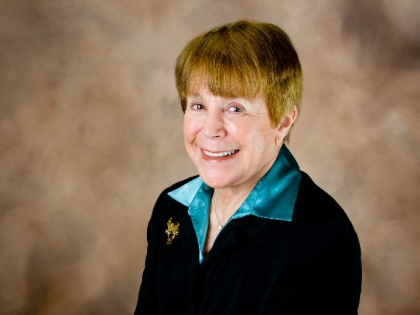
New Law Honors Teen Who Died of Carbon Monoxide Poisoning
Suzi Oppenheimer
March 2, 2010
-
ISSUE:
- Health
AMANDA’S LAW REQUIRING THE INSTALLATION OF CARBON MONOXIDE DETECTORS GOES INTO EFFECT IN NEW YORK
Senator Suzi Oppenheimer (D-Mamaroneck) is pleased to announce enactment of a new law to protect families from the dangers of carbon monoxide poisoning. Known as the “silent” killer, carbon monoxide – which can neither be seen nor smelled -- is responsible for the deaths of more than 500 people each year.
The law is named in memory of Amanda Hanson, a 16-year old who died from carbon monoxide poisoning while sleeping over at a friend’s house. It applies to all one-family and two-family homes, condominiums and cooperatives, and other multiple dwellings where there are heating and cooking appliances that can emit the deadly gas.
Newly constructed homes will be required to have hard-wired detectors. Existing homes may use battery operated carbon monoxide alarms. Violations of the law can be cited at the time of a home inspection or when a complaint is filed by a tenant against a negligent landlord.
Carbon monoxide is produced from burning fuels such as wood, natural gas, propane, oil, kerosene and gasoline. In order to prevent accidental poisoning, poison control experts cite the following safety “don’ts”:
- Don’t run generators in indoor spaces. Generators should only be operated outdoors away from and downwind of buildings;
- Don’t use a gas oven for warmth as it can cause a build-up of toxic carbon monoxide in your home;
- Don’t use a charcoal grill indoors;
- Don’t run any gasoline powered engine (i.e., automobile, lawnmower, snow blower) in an enclosed space. Always open the garage door first.
“Even with these precautions,” noted Senator Oppenheimer, “carbon monoxide can build up to dangerous levels in your home, quickly becoming an invisible, tasteless and odorless killer. Carbon monoxide alarms are an inexpensive way to save lives. It’s in everyone’s best interest to install these detectors and make sure they are operational at all times. The new law makes homes safer and that is undeniably a good thing.”
For more information on poison control call the New York Regional Poison Control Center at 1-800-222-1222, or visit http://www.health.state.ny.us/professionals/poison_control/centers.htm.
Share this Article or Press Release
Newsroom
Go to NewsroomMore News Around the District for Small Business
March 6, 2012
News Around the District for Small Business
March 6, 2012